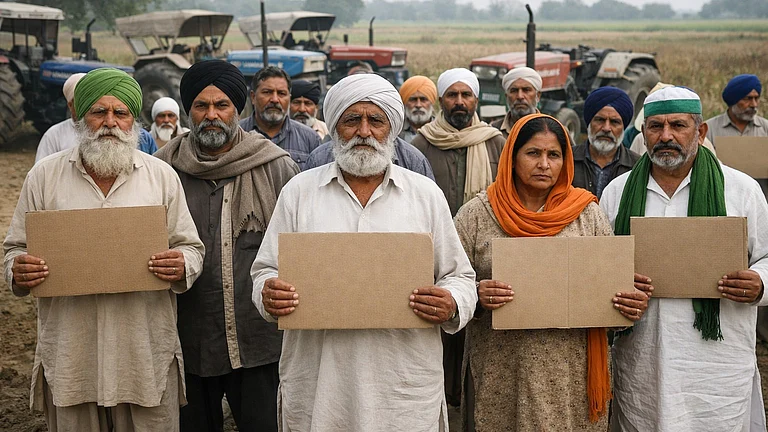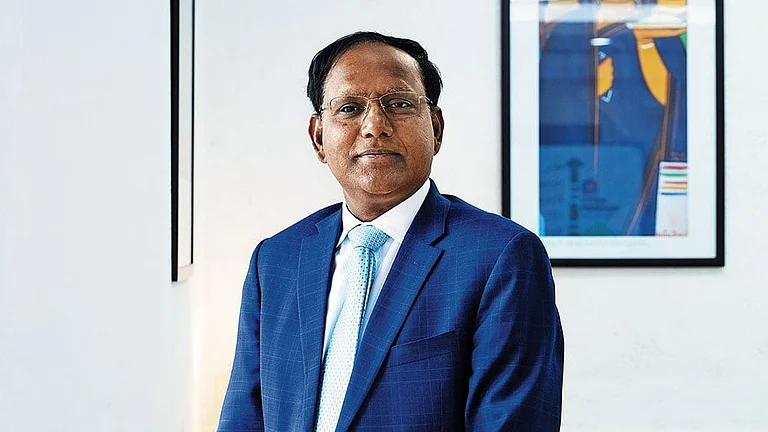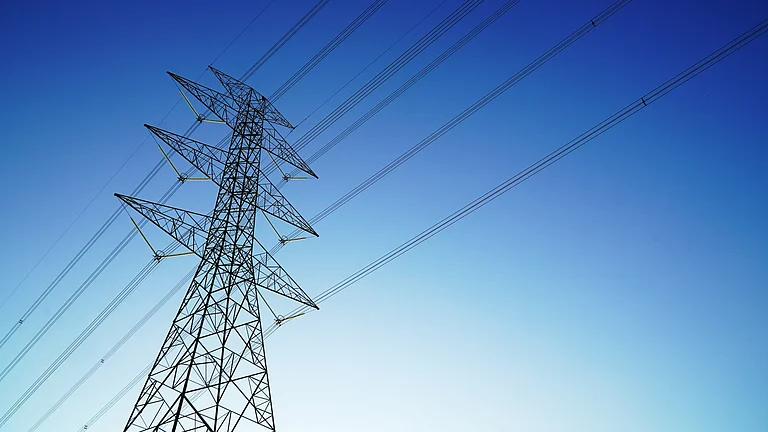The businesses should share equal responsibility for the skewed trade balance with China, External Affairs Minister S Jaishankar said on Thursday, blaming India Inc for not developing sufficient sourcing capabilities within the country. Stating that the government's flagship 'Atmanirbhar Bharat' initiative pitching for self-reliance is a corrective attempt, Jaishankar warned that "massive external exposure" puts our national security at threat.
With some experts, including former RBI Governor Raghuram Rajan pitching India to focus more on services, Jaishankar said neglecting manufacturing will lead to damaging India's "strategic future". In 2022, India-China trade touched USD 135.98 and New Delhi's trade deficit with Beijing crossed the USD 100 billion mark for the first time despite frosty bilateral ties.
Terming the challenge posed by the trade imbalance with China as very serious and formidable, the career bureaucrat turned politician said the responsibility here is not just of the government, but it is an equal responsibility of businesses as well. "Indian corporates haven't developed the kind of backward (linkages), vendor supplies, components and parts, ingredients and intermediates that should be supporting us," he said while speaking at the annual Asia Economic Dialogue organised by the external affairs ministry here.
Acknowledging that the government is also to be blamed for such a trade imbalance, Jaishankar said the self-reliance motto is a corrective step taken by the administration after the flaws that got exposed during the COVID pandemic. "Atmanirbhar Bharat… it is not a slogan. It is actually a messaging to (the) industry, to people saying, please, what you can source from India, you have an obligation to source, not as a moral obligation. Our national security is at threat if you have this kind of massive external exposure," the career diplomat-turned-politician said.
With schemes like production-linked incentives (PLI), the purpose is to bring back the manufacturing prowess in the country, he said, arguing that a major economy like India cannot be service-centric and neglect manufacturing. "Those who do down manufacturing, they are actually damaging this country's strategic future," he said, adding that significant industrial capacity is a prerequisite for national security requirements.
Jaishankar also said that under the previous UPA government, the country was contemplating signing a free trade agreement with China in 2006 when the ties with Beijing were better and we looked forward to an optimistic future where market access improved. However, India did not get the market access it had hoped to get and also lost out on businesses which moved to China and that too under Chinese ownership, making it a flawed market.
He said that there is a "deep strategic intent" behind the "misleading rhetoric" of 'Asia for Asians', and asked all not to fall for what is essentially designed to appeal to "very primitive chauvinism" in people. Asia is growing faster because it is global, and it will continue to grow till it is diverse and multipolar, Jaishankar said, asserting that the responsibility of ensuring the same falls on India.


























.jpg?w=200&auto=format%2Ccompress&fit=max)




